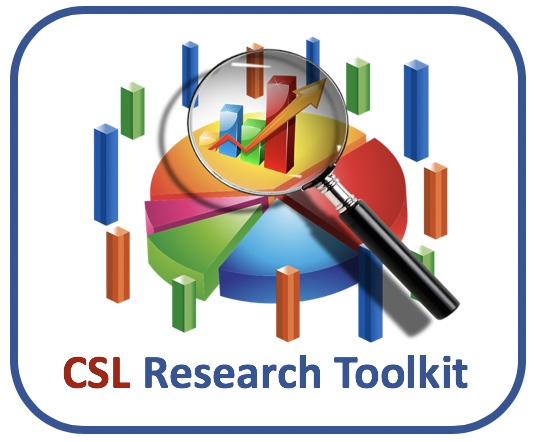
The CSL Research Toolkit supports school library practitioners as they explore their own practice through research.
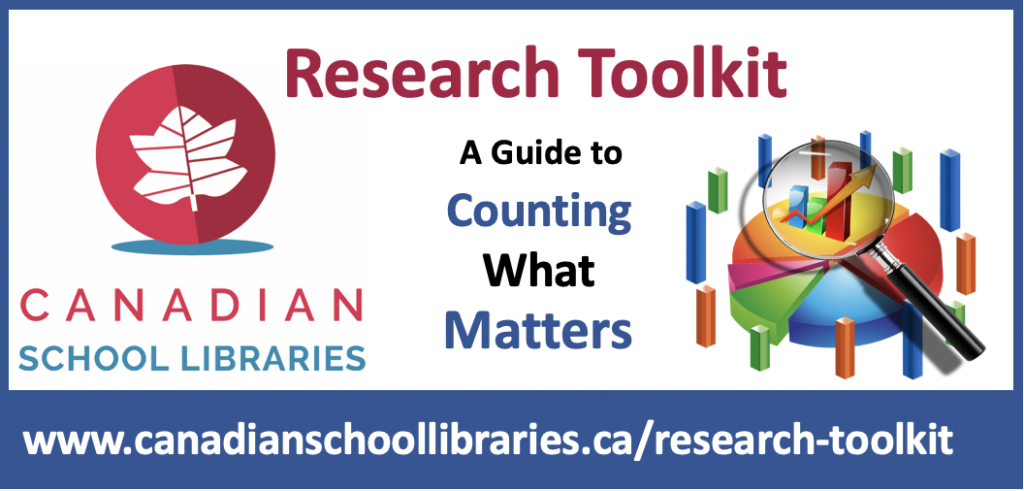
Why Research?
We encourage school library practitioners across Canada to engage in research because:
- Research provides evidence to help understand the outcomes and impacts of school library practice;
- There is a compelling need for research specific to Canadian school libraries;
- We need to increase understanding by assessing specific practices, moving beyond what we have learned through large-scale correlational studies;
- Practitioner research will inform future practices;
- Sharing what we have learned will deepen understanding across our constituent communities.
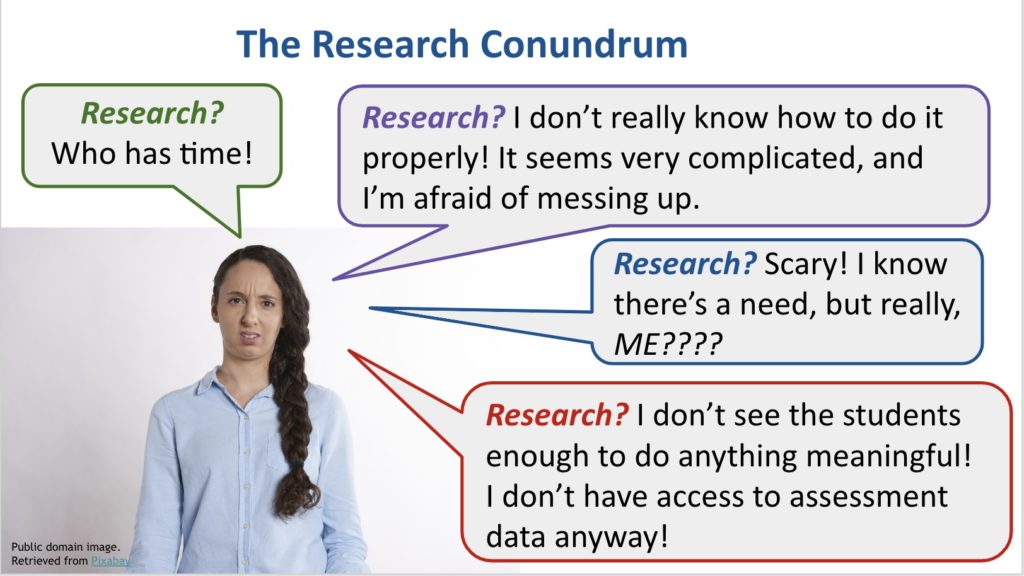
What typically happens when a new idea is implemented in the school library is that there is no real plan to assess its success or for reporting and sharing what was learned. We are great at collecting anecdotes and informal observations, but rarely take the next step of organizing the collection of this data.
There are many reasons for this, including lack of knowledge about the research process. That is where the CSL Research Toolkit can help!
But is it research?
Assessment is at the core of teaching practice. Following Wiggins & McTighe’s Understanding by Design Framework, we first identify the desired results and what students should know and be able to do to demonstrate their learning. We then determine what will constitute the evidence for assessing learning, and only when we’ve reached that point do we make decisions about instructional strategies that will be most effective to help students reach their learning goals. In other words, we plan like an assessor.
Teachers and librarians are already data masters. Applying the same kind of framework to exploring and assessing our own practices IS research – we just need to do it!
From student assessment to program assessment
We gather information to assess student learning in order to report on their individual progress. We gather information to assess the impact of the library program on student learning as well as many other aspects that contribute to student success, such as social and emotional growth and cultural awareness. Student assessment data that is gathered for reporting purposes can be analyzed as part of overall program assessment. There are many other ways to gather evidence of program success, as explored in this toolkit.
Yes, it is research, as long as:
- It is conducted properly, using appropriate methodology and following ethical guidelines,
- We understand its scope and application, and
- We share our learning.
Assessing Outcomes and Impacts
Do we really matter? Do our actions improve student outcomes and have an impact on their learning and their lives? Do the strategies that we use in the library program have a positive influence on how well the school reaches is goals? These questions should guide what data we gather, how we analyze that data, and how we share the results of our research.
Output Measures: Outputs are tangible, quantitative measures, usually related to library operations. We measure outputs – collection and circulation statistics, attendance, etc., but what do these data tell us? Output measures like these have meaning only when put into the larger context of outcomes and impact.
Outcome Measures: Outcomes measure change from the perspective of the student, teacher or other library customer or stakeholder. For example, the outcome for students who participated in an information literacy lesson may be increased capacity to make critical decisions about the information they use.
Impact Measures: Impact measures larger and longer term effects – transferable skills, changes in attitude, and success with larger goals. Impacts are reported as higher-level changes. For example, the longer term impact of information literacy instruction may be that students understand their research topics more deeply and achieve better marks. Another impact might be that they are able to apply what they have learned in other contexts, at school and in life.
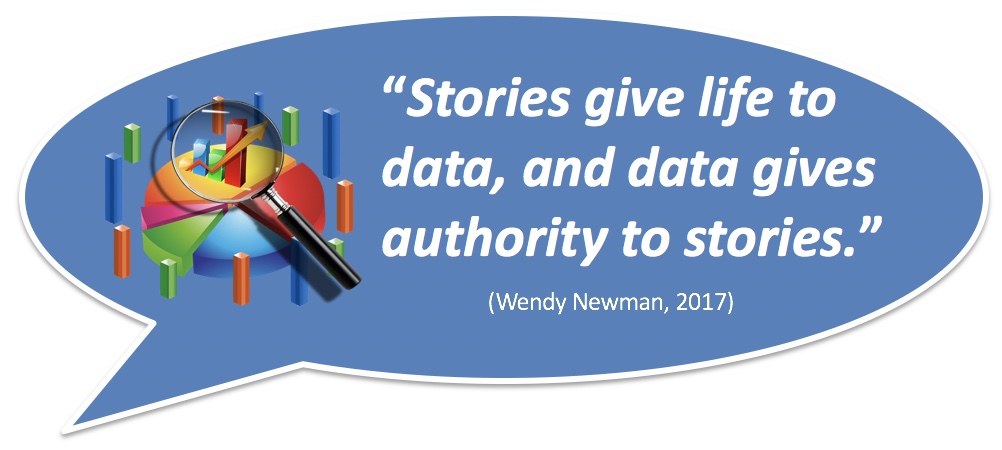
Measuring and communicating outcomes and impacts provide insight into the success of programs and initiatives. Understanding outcomes and impacts inform practice and deepen professional knowledge. Communicating outcomes and impacts strengthens understanding and support from decision-makers and stakeholders, and demonstrates the value of the school library learning commons program.
But how do we go about measuring outcomes and impacts? The CSL Research Toolkit introduces you to methods for school library practitioners to tell their story effectively through research. A particular focus on using qualitative measures helps us to support our success stories with solid data.
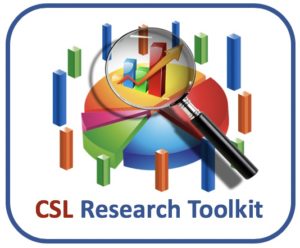 | 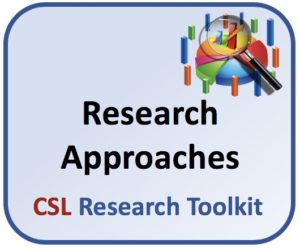 | 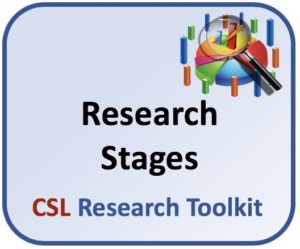 | 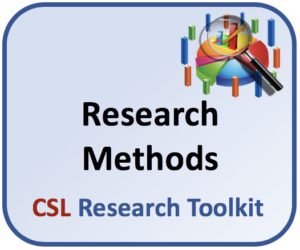 | 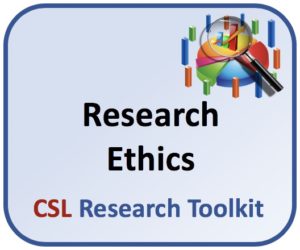 |
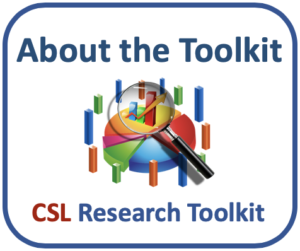 | 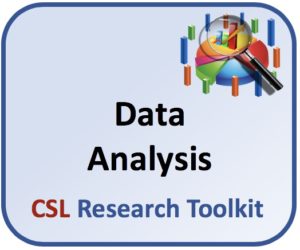 | 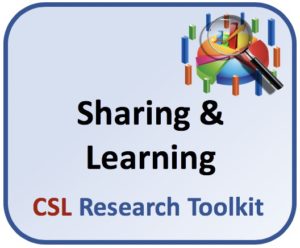 | 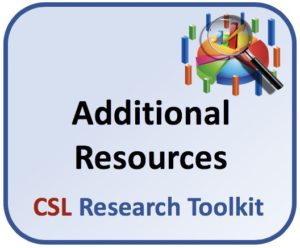 | 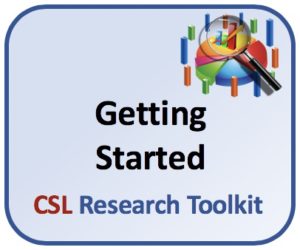 |
